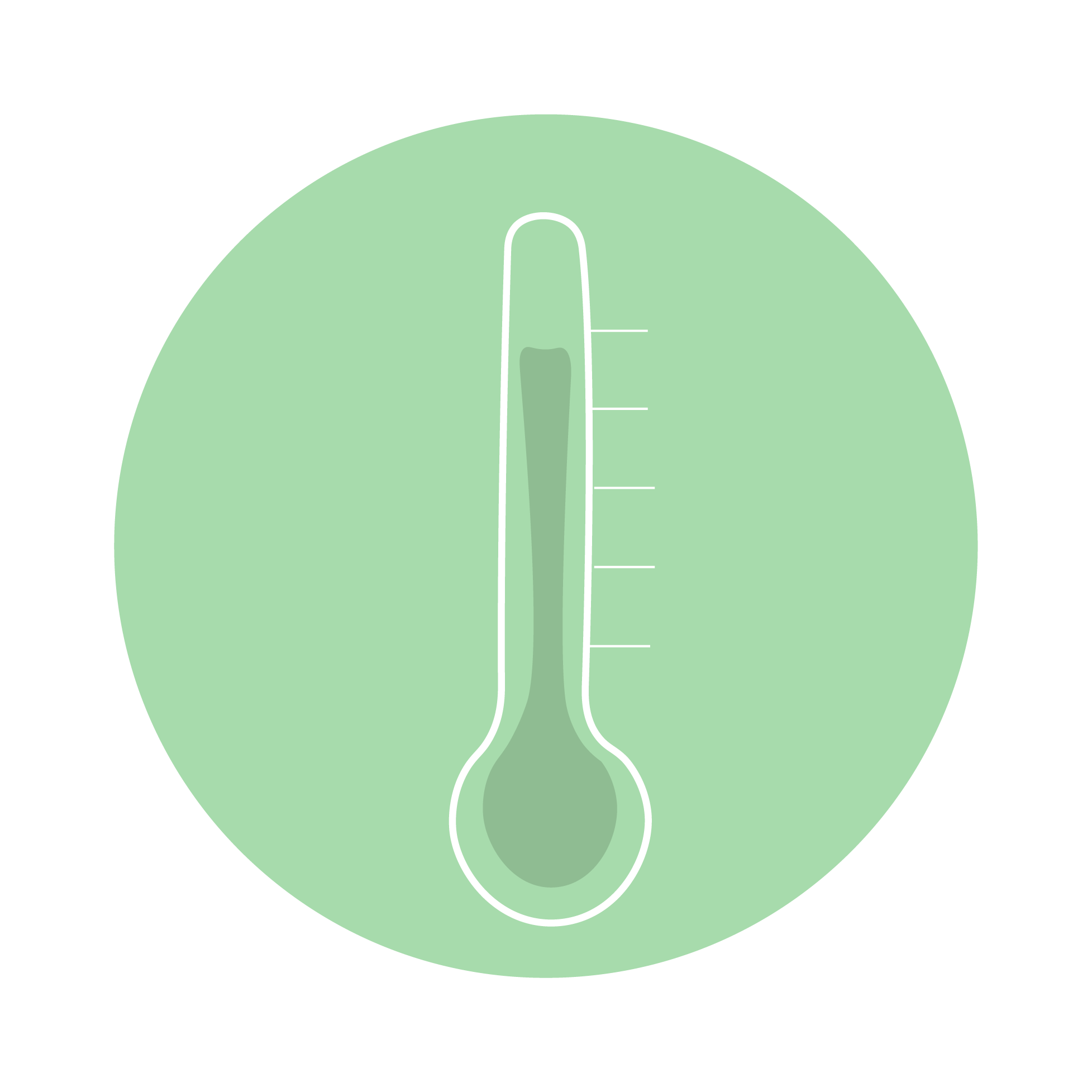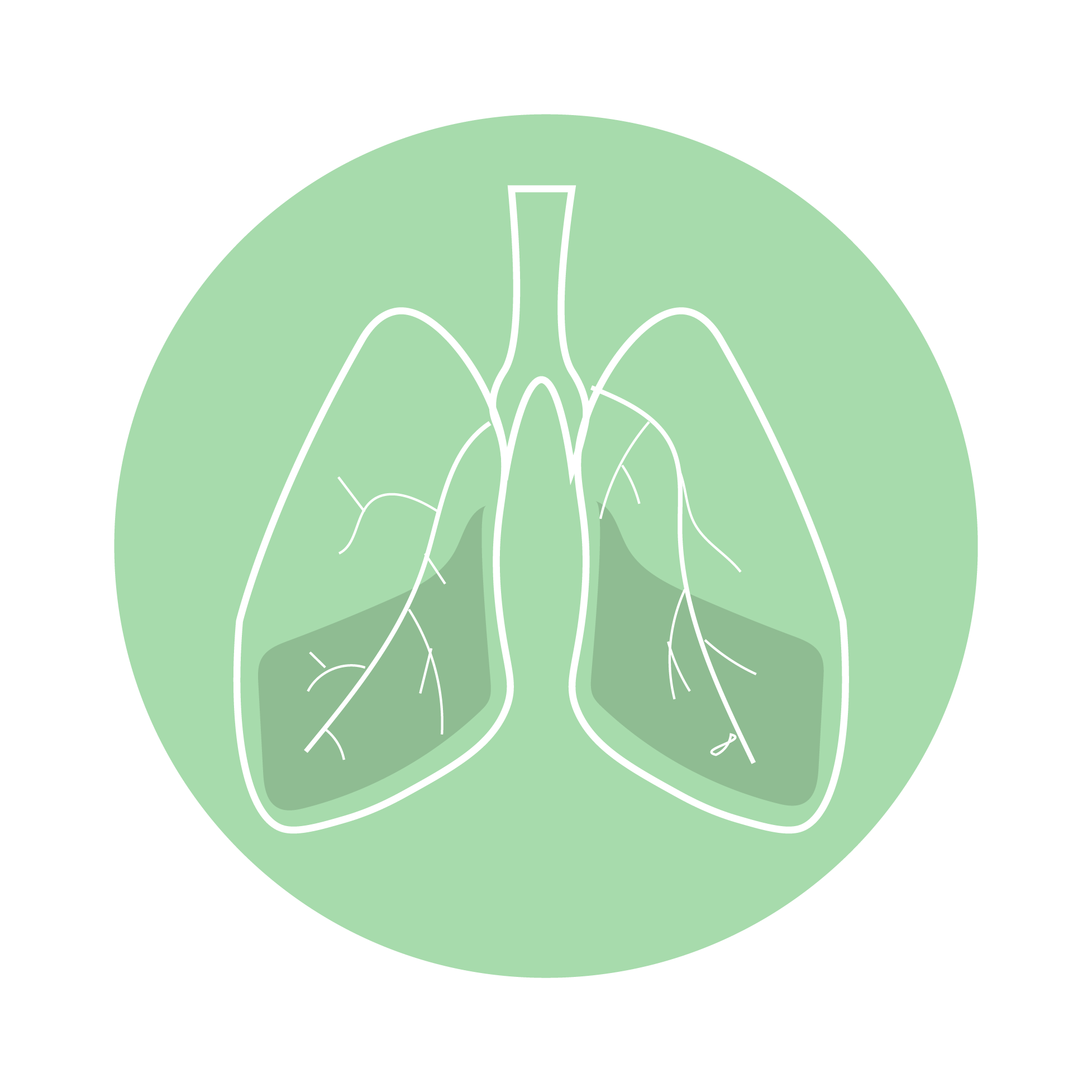COVID-19 vs. The Flu
How are They Different, How are They the Same?
As flu season is rapidly approaching, and as people are on high alert for signs and symptoms of COVID-19, understanding how these two viral illnesses are alike and different can provide a bit of clarity heading into the winter months, especially in the midst of a global pandemic.
In an article for Johns Hopkins Medicine by senior director of infection prevention, Lisa Maragikis, M.D., M.P.H., the similarities and differences between the COVID:19 and the Flu are broken down into the ways the illnesses present themselves in patients; how the virus spreads from person to person; what happens medically after the virus is contracted; and the measures people can take to prevent themselves from contracting the viruses. Here is a synopsis of that piece:
How COVID-19 and Flu Symptoms are Alike
As both the novel Coronavirus and the Flu are contagious respiratory illnesses, the ways in which they present themselves within the human body can be quite similar.
Common in both COVID-19 and the Flu:

Classic symptoms like fever, nausea, vomiting, diarrhea, body aches, and unexplained fatigue.

Contraction sometimes leading to pneumonia in certain patients.

Symptoms ranging in severity, from non-existent to fatal in some cases.
How COVID-19 and Flu Symptoms are Different
Although many people experience symptoms with a wide range of duration and severity, there are a few ways in which the symptoms of the Flu and COVID-19 may differ.
Flu Symptoms
- More severe symptoms like fever and body pain should clear up in less than five days, with lingering mild symptoms, such as fatigue, lasting up to two weeks.
- Capacity for taste and smell are not typically affected.
COVID-19 Symptoms
- In some cases, symptoms are mild to non-existent, but mild symptoms may take up to two weeks to clear up. In severe cases, some symptoms may last up to six weeks.
- For some people, contracting COVID-19 can lead to a sudden loss of taste and smell.

How COVID-19 and the Flu are Similarly Transmitted
As viral illnesses, both COVID-19 and the Flu are spread from person to person in similar ways.
Both can be spread by virus particles or droplets from an infected person being breathed in or ingested by an uninfected person.
Both can be contracted by a healthy person touching a surface with the virus on it, and then touching their face, mouth, nose, eyes, etc.
Both can be present in people without symptoms, with some carriers spreading the virus to non-carriers, unaware of their contagiousness.
How COVID-19 and the Flu are Similarly Treated
- Both COVID-19 and the Flu are treated by symptom management. Things like rest, increased fluid intake, and fever reducing medicine can be prescribed to help encourage infected people’s recoveries.
- Anti-viral medications are also being used in some cases of both COVID-19 and the Flu.
- Severe cases may require hospitalization and breathing assistance.
How COVID-19 and the Flu are Treated Differently
Although similar in symptom management, how COVID-19 and the Flu are medically addressed have some differences, too.
Flu Treatment
- Some anti-viral drugs have been proven to lessen the length and severity of the flu when taken at the early stage of the illness (or symptom onset)
COVID-19 Treatment
- Most anti-viral treatments are still being tested for effectiveness, and require intravenous implementation.

How COVID-19 and the Flu are Prevented
Many of the same prevention measures can be taken to protect yourself and others from both viruses.
Health measures such as mask wearing and hand-washing can help protect people from transmitting both illnesses.
Physical distancing measures (keeping 6ft apart) from people outside of their immediate circles can help prevent the transmission of both COVID-19 and the Flu.
People staying home when sick, and limiting interaction with others who could be carriers of either virus can help prevent the spread.
The Flu Vaccination
One difference in how these two viruses can be prevented, is of course, vaccination. Flu vaccines have been proven effective for reducing risk of contracting the most dangerous versions of the Flu virus, and can lessen the severity of those who do contract it. Although vaccines for COVID-19 are being developed, none are ready for large-scale implementation at this point.
When to consult your doctor
If you are experiencing symptoms of either virus, it’s best to call your health care provider and receive instructions on how to navigate your health and your symptoms.
Bracing for Flu Season
Back to school, back to work and back to uncertainty. How will the coronavirus impact this coming flu season? Arm yourself with answers by watching this timely Virtual Town Hall from Hopkins Medical Group in Greater Boston featuring founder Dr. Pat Hopkins, Dr. Steve Roberts and Functional Nurse Nutritionist Leslie Frodema.
